1. Your face suddenly feels numb or weak
 image source: reddit.com
image source: reddit.com
Sudden numbness or weakness in the face, arm, or leg, especially on one side of the body... This symptom, known as hemiparesis or hemiplegia, occurs when there is a disruption in the brain's ability to send signals to specific muscles. It often manifests as a sudden and profound loss of strength or sensation on one side of the body.
2. You're feeling confused: why can't you understand anyone?

image source: reddit.com
Cognitive impairments such as confusion or difficulty comprehending spoken language can be harbingers of a stroke, particularly when they occur suddenly and without explanation. Stroke-induced cognitive deficits often result from damage to regions of the brain responsible for language processing and comprehension.
3. You can't speak, or you're sounding slurred
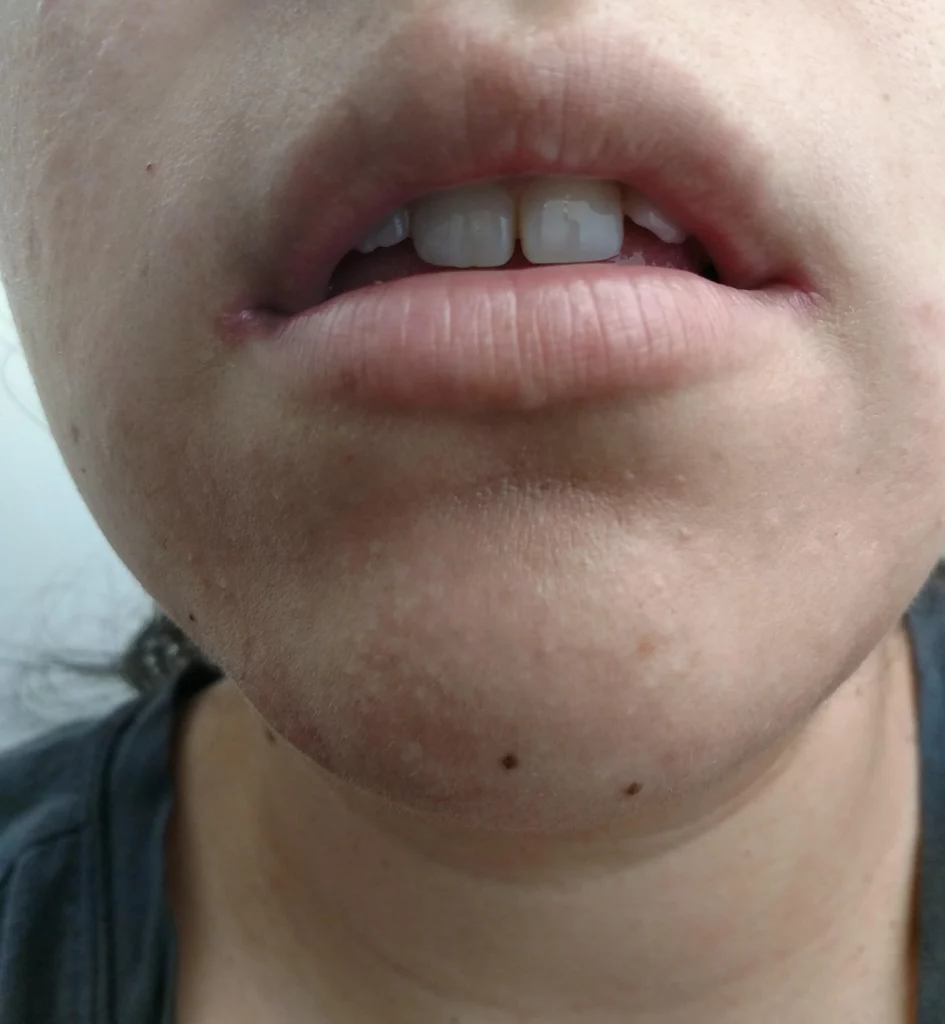 image source: reddit.com
image source: reddit.com
A sudden onset of difficulty speaking, articulating words clearly, or forming coherent sentences is a hallmark sign of a stroke-related condition known as aphasia. This impairment in speech and language function stems from disruptions in the brain's language centers, which can occur due to reduced blood flow or blockages in vital arteries.
4. You're having sudden vision trouble in one or both of your eyes
 image source: reddit.com
image source: reddit.com
Visual disturbances, such as sudden onset blindness or partial vision loss in one or both eyes, can signal a critical medical emergency, including a stroke affecting the visual processing areas of the brain or the blood vessels supplying the eyes. This symptom may present as blurred vision, double vision (diplopia), or a complete loss of vision (amaurosis), depending on the extent and location of the neurological damage.
5. You're having trouble on your feet: are you dizzy or unbalanced?

image source: reddit.com
Gait disturbances, dizziness, and loss of balance are common manifestations of stroke-related motor impairments, often stemming from disruptions in the brain's motor control centers or cerebellum. Individuals experiencing these symptoms may find it challenging to maintain an upright posture, walk in a straight line, or coordinate their movements effectively.
6. You're suddenly throwing up without any clear reason

image source: reddit.com
The sudden onset of nausea or vomiting, particularly in the absence of identifiable triggers such as food poisoning or gastrointestinal illness, may be a warning sign of an underlying neurological issue, including a stroke. These symptoms can arise due to disruptions in the brain's autonomic functions, which regulate processes such as digestion and nausea reflexes.
7. You're finding it really hard to swallow

image source: reddit.com
Difficulty swallowing, or dysphagia, can be a concerning symptom with various potential causes, including neurological disorders like stroke. When swallowing becomes impaired, it can lead to choking, aspiration of food or liquids into the lungs, and malnutrition due to inadequate intake of nutrients and fluids.
8. The worst headache you've had in your life comes from nowhere

image source: reddit.com
A sudden and severe headache, often described as the "worst headache of one's life," can be a red flag for a serious medical condition, including a stroke, particularly if it occurs without any apparent trigger or follows a sudden onset of neurological symptoms. This type of headache, known as a thunderclap headache, may indicate a ruptured blood vessel in the brain (such as an aneurysm) or a hemorrhagic stroke.
9. Your vision is completely blurred
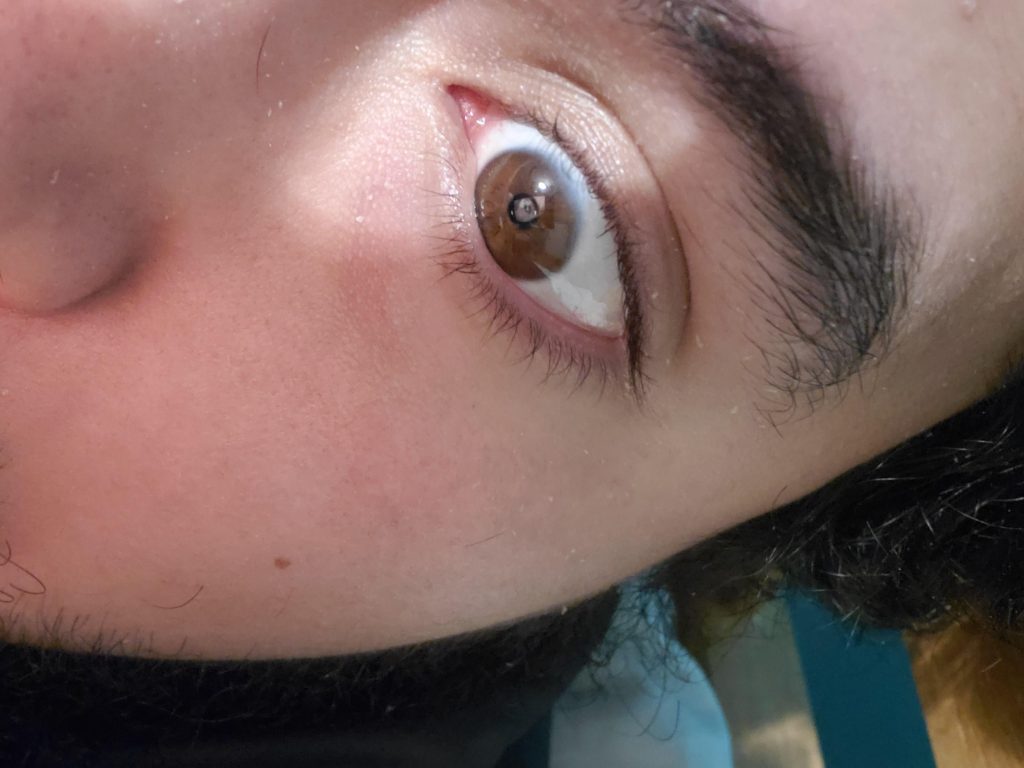 image source: reddit.com
image source: reddit.com
Blurred or double vision, occurring suddenly and without an obvious cause, can be indicative of underlying neurological issues, including a potential stroke affecting the visual processing centers of the brain or the blood vessels supplying the eyes. These visual disturbances may present as difficulty focusing, seeing objects clearly, or experiencing overlapping or distorted images.
10. You're suddenly so tired and you don't know why
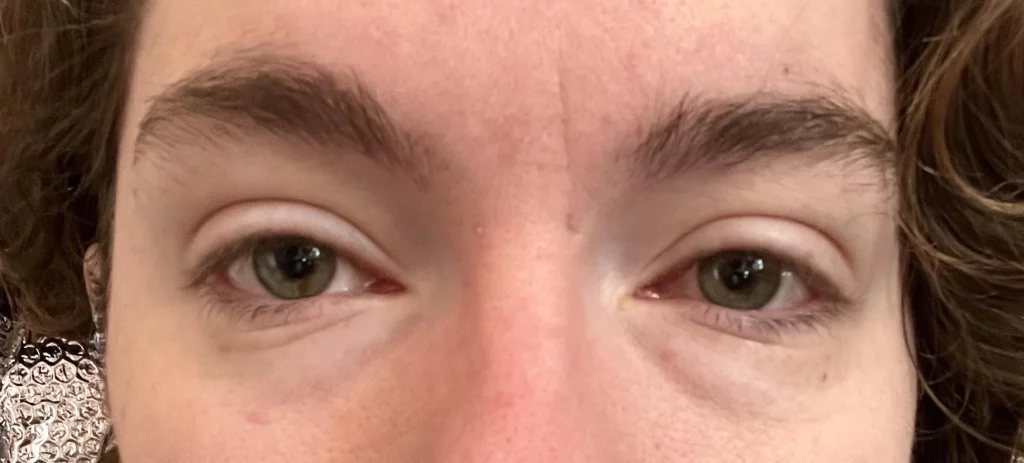 image source: reddit.com
image source: reddit.com
Sudden and severe drowsiness or fatigue can be alarming symptoms with potential neurological implications, including a stroke or other serious medical conditions. Unlike typical tiredness or fatigue, which may result from physical or mental exertion, sudden and severe drowsiness can occur without warning and persist despite rest or sleep.
11. Your fine motor skills aren't working (you can't hold a pen or tie your shoelaces, for example)
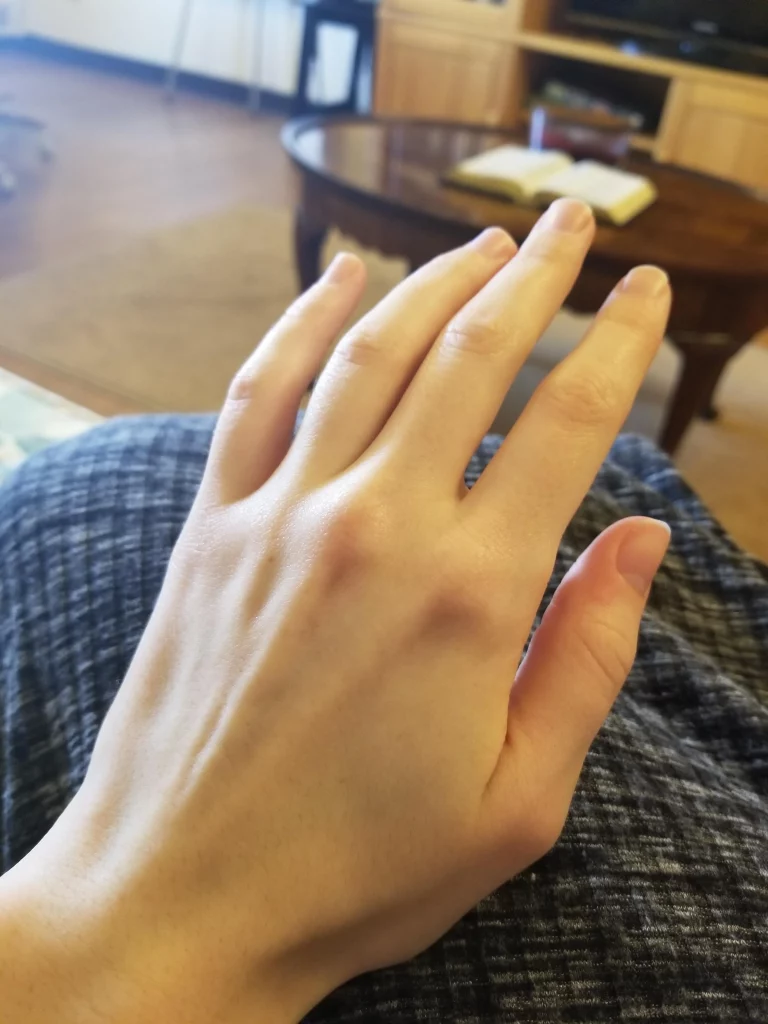 image source: reddit.com
image source: reddit.com
Impairments in fine motor skills, particularly when they occur suddenly and without any apparent cause, can be indicative of underlying neurological issues, including a potential stroke. Fine motor skills involve the precise coordination of small muscles in the hands and fingers to perform tasks such as writing, typing, or manipulating objects with precision.
12. You're having hallucinations
 image source: reddit.com
image source: reddit.com
Sudden hallucinations, or delirium, can be alarming symptoms with various potential causes, including neurological emergencies such as a stroke. These alterations in consciousness and behavior may arise suddenly and without any apparent trigger, disrupting cognitive function, perception, and emotional regulation.
13. You suddenly feel very on edge
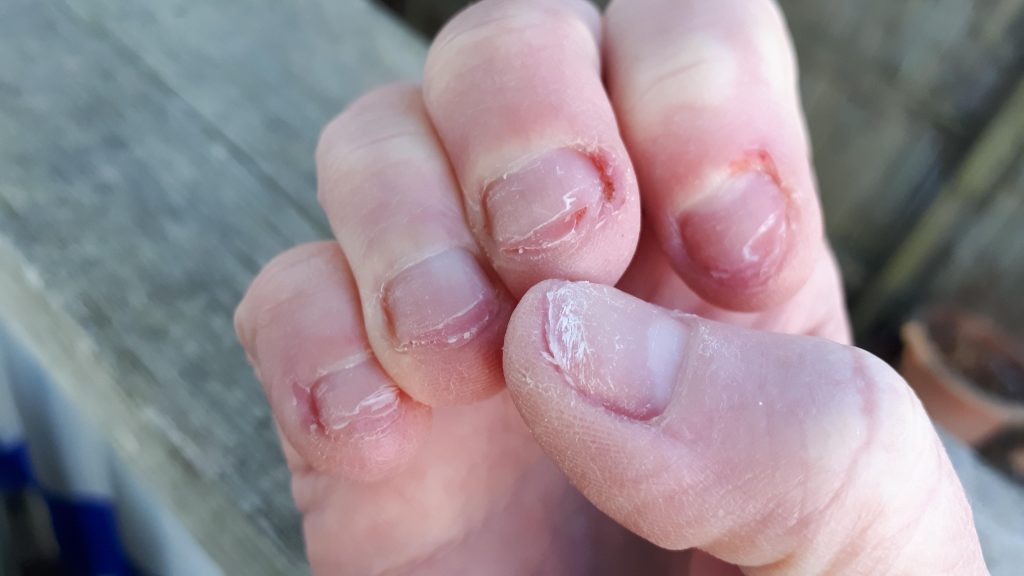 image source: reddit.com
image source: reddit.com
Sudden changes in mental status, including agitation, can also happen. Individuals experiencing such symptoms may appear restless, disoriented, or agitated, displaying erratic behavior or exhibiting signs of perceptual disturbances. Moreover, sudden changes in mental status can indicate underlying medical conditions affecting the brain.
14. A sudden tight chest or pain
 image source: reddit.com
image source: reddit.com
Chest pain or tightness can be indicative of serious cardiac or respiratory issues, including a potential heart attack or pulmonary embolism. This symptom, often described as a pressure, squeezing, or heaviness in the chest, may radiate to the arms, shoulders, neck, jaw, or back, further complicating its diagnosis.
15. You're finding it hard to breathe, or have rapid breathing
 image source: reddit.com
image source: reddit.com
Difficulty breathing or rapid breathing can be alarming symptoms with various potential causes, including respiratory or cardiovascular issues, such as a pulmonary embolism, heart failure, or respiratory infection. These respiratory disturbances may manifest as sensations of breathlessness, chest tightness, or air hunger, making it challenging to inhale or exhale effectively.
16. You've come over all sweaty and clammy
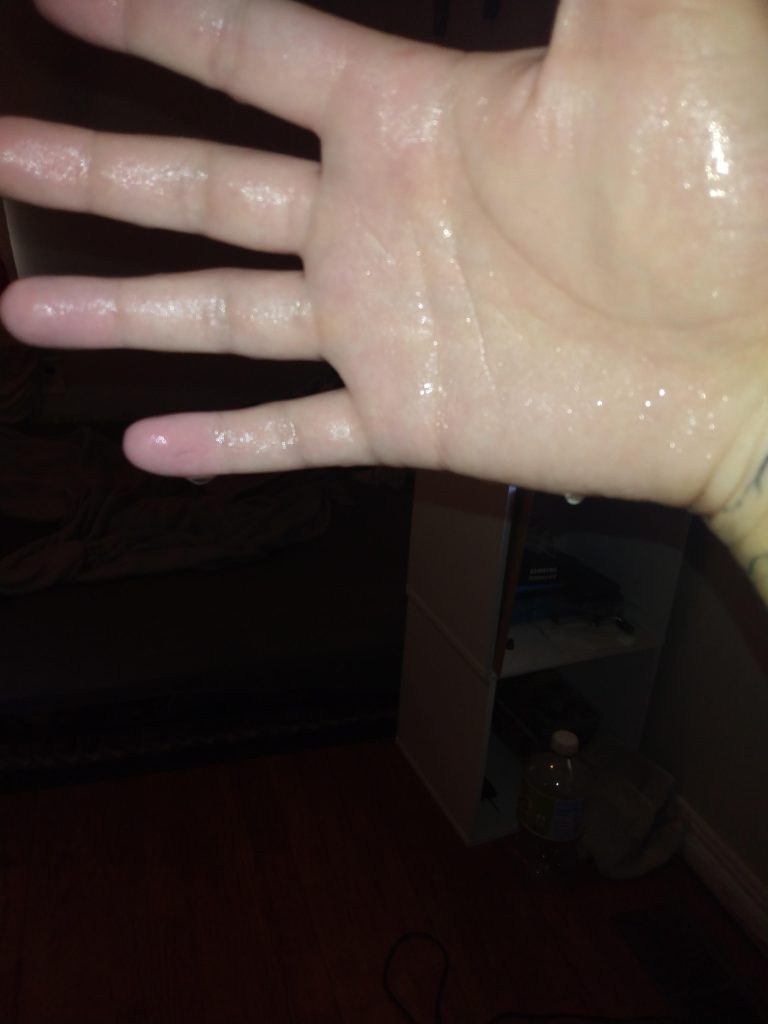 image source: reddit.com
image source: reddit.com
Sudden onset of sweating or clamminess, particularly when it is unusual for the individual or occurs without any apparent cause such as physical exertion or hot weather, can be suggestive of neurological emergencies such as a stroke or autonomic dysfunction. Excessive sweating or clamminess may result from dysregulation of the body's autonomic nervous system.
17. Your face appears to be drooping on one side
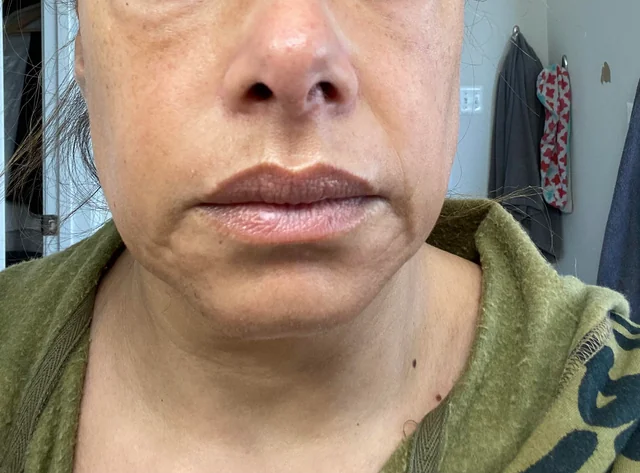 image source: reddit.com
image source: reddit.com
If you notice facial asymmetry, particularly when one side of the face appears droopy or slack, this can be a classic sign of facial nerve paralysis, often associated with neurological conditions such as stroke or Bell's palsy. This symptom, known as facial droop, occurs due to impairment or damage to the facial nerve (cranial nerve VII), which controls the muscles of facial expression.
18. Hiccups may actually be a warning sign

image source: reddit.com
While hiccups are typically considered benign and temporary, persistent hiccups, especially if they arise suddenly and coincide with other stroke symptoms, can serve as potential warning signs of neurological disruption and merit urgent medical evaluation. Hiccups are involuntary contractions of the diaphragm and intercostal muscles, often triggered by irritation of the phrenic nerve or disturbances in the brainstem.
19. People have told you your personality has abruptly changed
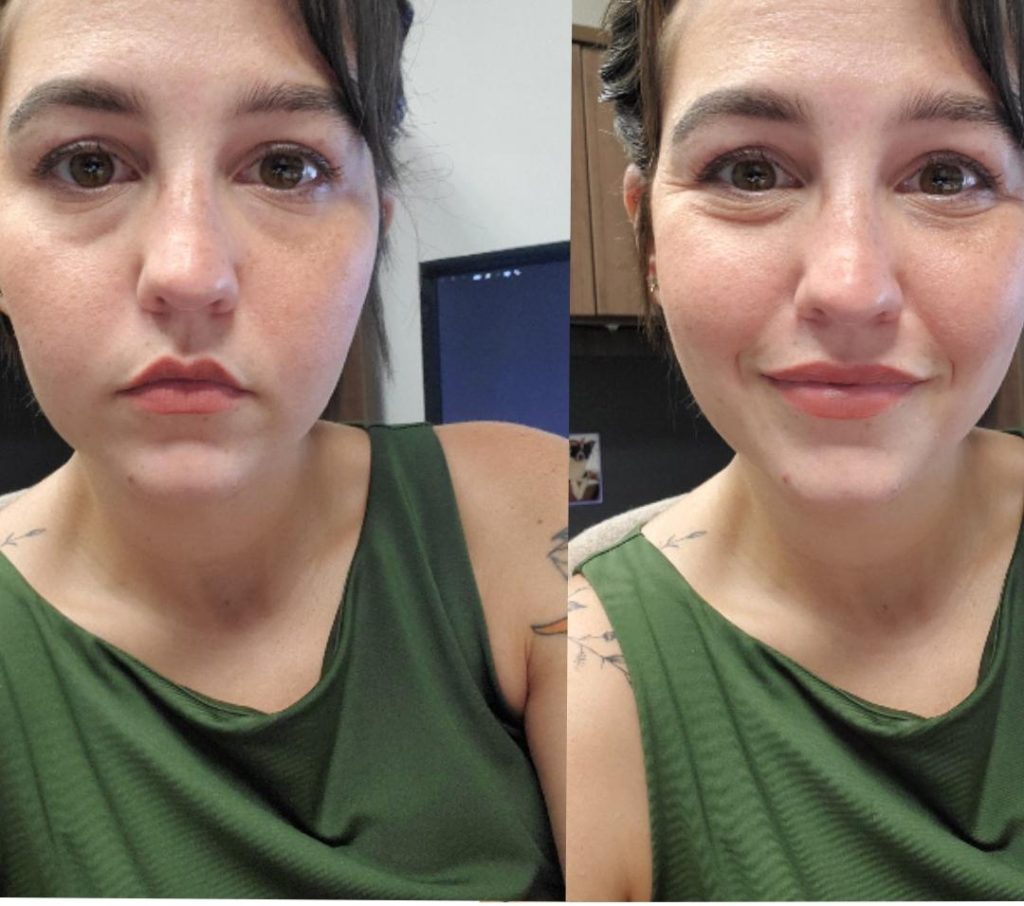 image source: reddit.com
image source: reddit.com
Abrupt changes in personality, characterized by agitation, aggression, or inappropriate social responses, can sometimes serve as early indicators of a stroke affecting specific areas of the brain responsible for mood regulation and behavior. While alterations in mood and behavior can result from various neurological, psychological, or medical conditions, sudden and unexplained shifts in personality should prompt further medical checks.
20. You might have a sudden onset of seizures
 image source: reddit.com
image source: reddit.com
Stroke-related seizures, characterized by sudden, uncontrolled electrical activity in the brain, can occur in some individuals experiencing a stroke, particularly if the stroke affects the brain's electrical circuits. Seizures may manifest as convulsive movements, loss of consciousness, altered mental status, or unusual behaviors, depending on the location and severity of the stroke.
21. You've lost bladder control unexpectedly
 image source: reddit.com
image source: reddit.com
In some cases, stroke can disrupt the signals between the brain and the bladder or bowel, leading to sudden urinary or fecal incontinence that is not attributable to other causes. Loss of bladder or bowel control, also known as urinary or fecal incontinence, can occur during a stroke due to dysfunction in neurological pathways responsible for controlling these functions.
22. Your neck is very stiff all of a sudden
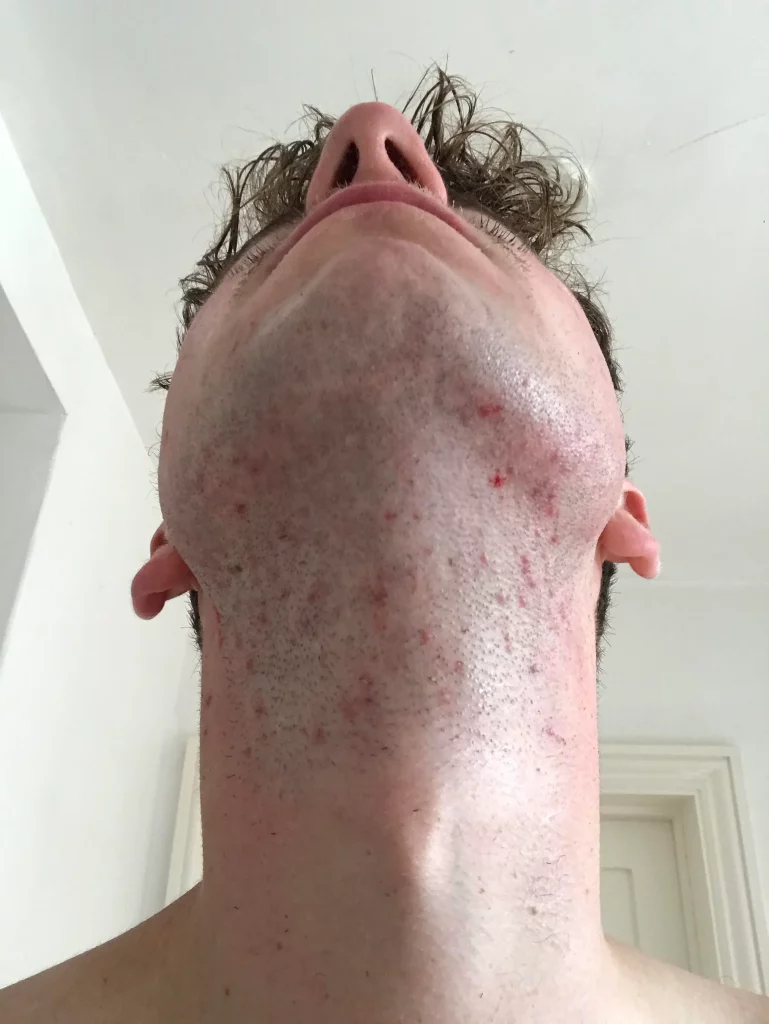 image source: reddit.com
image source: reddit.com
Neck stiffness or rigidity, usually accompanied by a headache, may signal a potential stroke. Neck stiffness may indicate meningeal irritation, a potential sign of hemorrhagic stroke or other neurological complications. It is crucial not to dismiss sudden and severe headaches with neck stiffness.
23. You actually lose consciousness
 image source: reddit.com
image source: reddit.com
Fainting or sudden loss of consciousness can indeed occur during a stroke, particularly if the stroke affects critical areas of the brain involved in consciousness and arousal. Loss of consciousness during a stroke can occur due to various mechanisms, including reduced blood flow to vital brain regions, disruption of neural circuits responsible for maintaining consciousness.
24. You suddenly can't recognize faces or objects
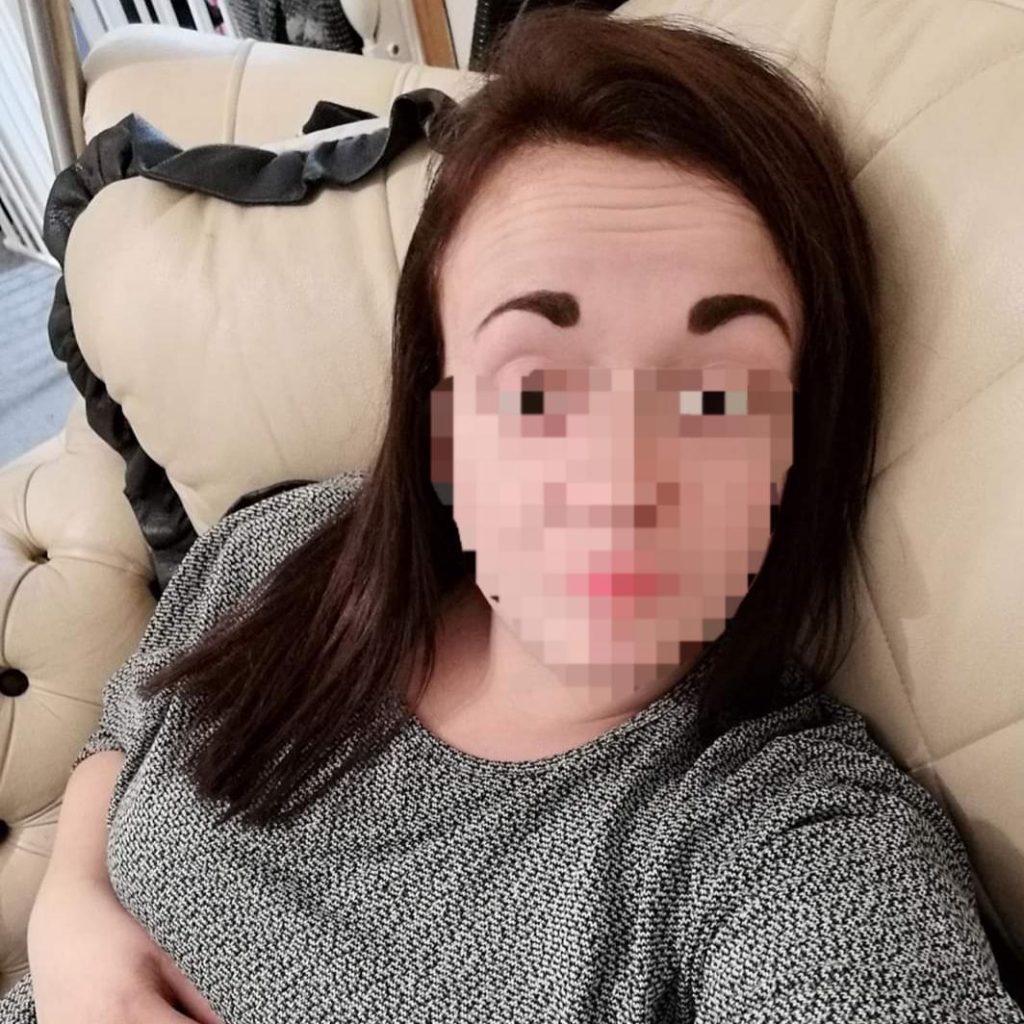 image source: reddit.com
image source: reddit.com
Visual agnosia, or difficulty recognizing familiar objects, faces, or surroundings, may occur during a stroke affecting specific areas of the brain responsible for visual processing and recognition. Visual agnosia can manifest in various forms, including difficulty identifying common objects, recognizing familiar faces (prosopagnosia), or interpreting spatial relationships and distances (visuospatial agnosia).
25. You're experiencing uncontrollable laughter or crying
 image source: reddit.com
image source: reddit.com
Unexplained emotional outbursts, uncontrollable laughter or crying (pseudobulbar affect), or mood swings may occur as a result of stroke-related damage to brain regions involved in emotional regulation and expression. The disruption of neural circuits responsible for modulating emotions, such as the limbic system and frontal cortex, can lead to alterations in mood.
26. You're experiencing sudden hearing changes
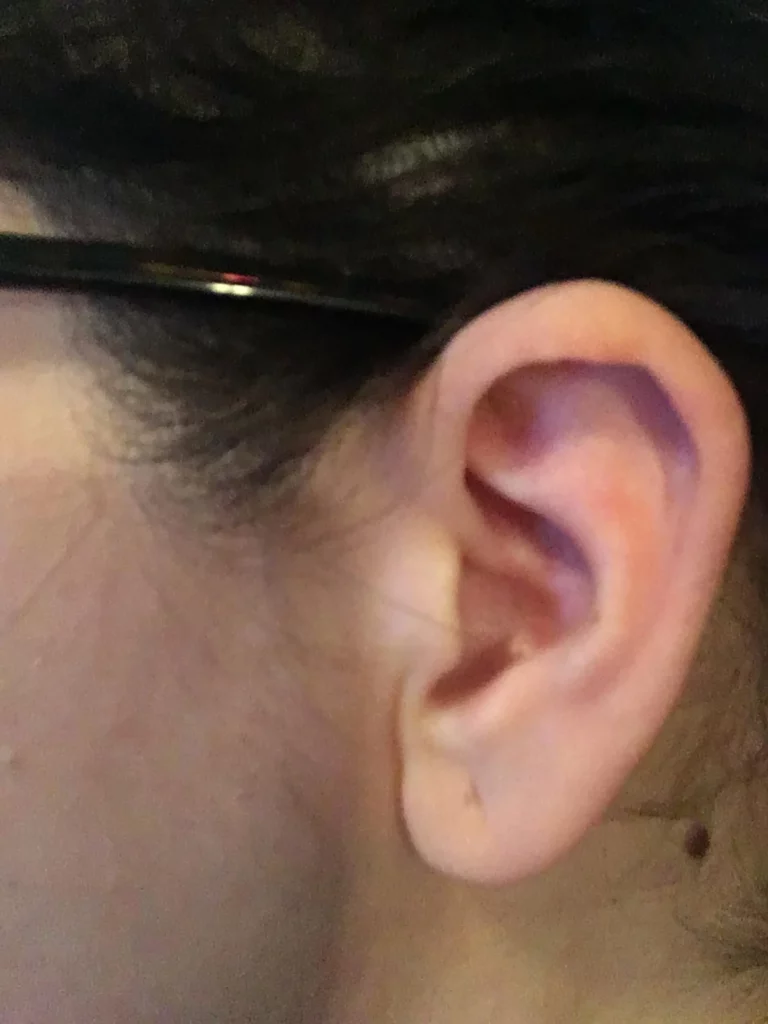 image source: reddit.com
image source: reddit.com
While changes in hearing are not commonly recognized as stroke symptoms, sudden hearing loss or auditory disturbances, such as ringing in the ears (tinnitus) or sensitivity to sound (hyperacusis), may occur during a stroke affecting auditory processing areas in the brain or auditory nerve pathways.
27. Your taste or smell has drastically changed
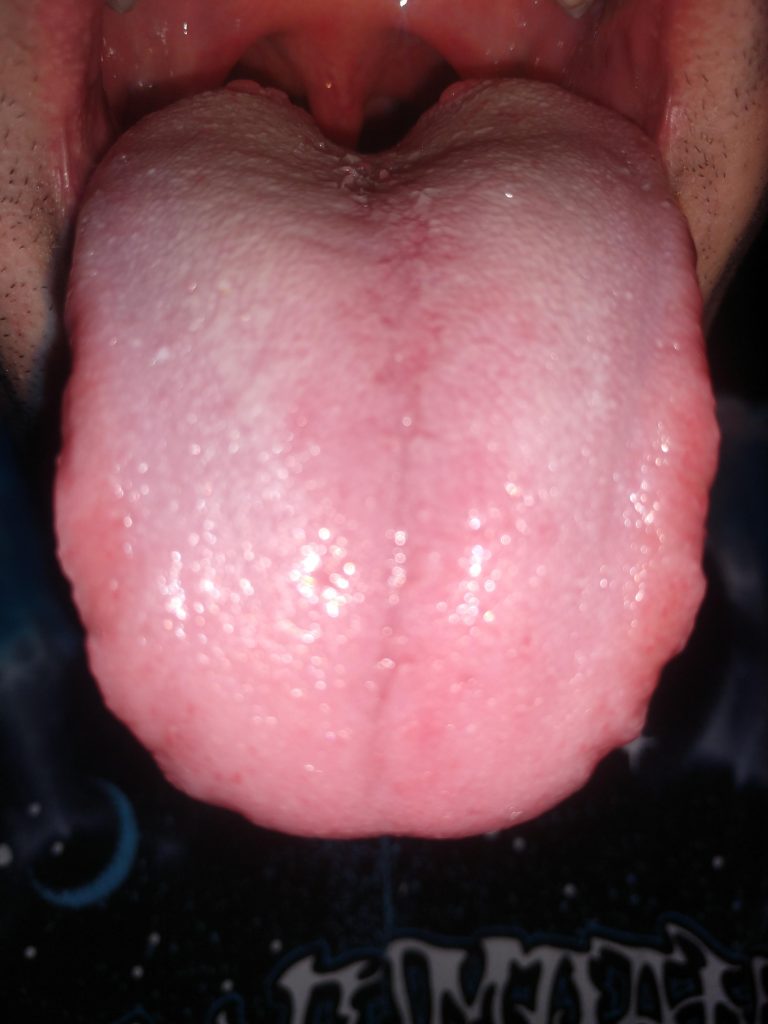 image source: reddit.com
image source: reddit.com
Changes in taste or smell are rare but potential stroke warning signs, particularly if they occur suddenly and are accompanied by other neurological symptoms. Sudden loss of taste (ageusia) or changes in taste perception, as well as alterations in smell (anosmia) or distorted smell sensations (parosmia), may indicate stroke-related dysfunction in brain regions responsible for processing sensory information.
28. You're suddenly really sensitive to temperature changes
 image source: reddit.com
image source: reddit.com
Unexplained sensitivity to temperature changes, such as sudden intolerance to heat or cold, may occur during a stroke affecting regions of the brain involved in temperature regulation and autonomic function. Changes in temperature sensitivity can manifest as excessive sweating, chills, or fluctuations in body temperature, indicating neurological dysfunction.
29. You're having panic attacks out of nowhere
 image source: reddit.com
image source: reddit.com
While anxiety and panic attacks can have various triggers, sudden and intense episodes of unexplained anxiety or panic attacks may occur as rare warning signs of a stroke, particularly if they are accompanied by other neurological symptoms such as headache, dizziness, or changes in vision or speech.
30. You feel a tingling or numbness in your body
 image source: reddit.com
image source: reddit.com
Rarely, stroke can cause sudden alterations in sensory perception, such as numbness, tingling, or abnormal sensations in different parts of the body. These sensory disturbances may occur without apparent cause and can affect areas such as the face, limbs, or your butt muscles.
31. Here are your tips for reducing the risk of a stroke: healthy diet is a must
 image source: reddit.com
image source: reddit.com
Adopting and adhering to a healthy diet is essential for overall well-being and reducing the risk of various chronic diseases, including stroke. A balanced diet should consist of a variety of nutrient-dense foods, such as fruits, vegetables, whole grains, lean proteins, and healthy fats. These foods provide essential vitamins, minerals, antioxidants, and fiber that support cardiovascular health.
32. Regular physical activity is key for stroke prevention management
 image source: reddit.com
image source: reddit.com
Engaging in regular physical activity is a cornerstone of stroke prevention and management. Aim for at least 150 minutes of moderate-intensity aerobic activity or 75 minutes of vigorous-intensity aerobic activity each week, along with muscle-strengthening activities on two or more days per week. Regular exercise helps improve cardiovascular health.
33. Keep your blood pressure in check
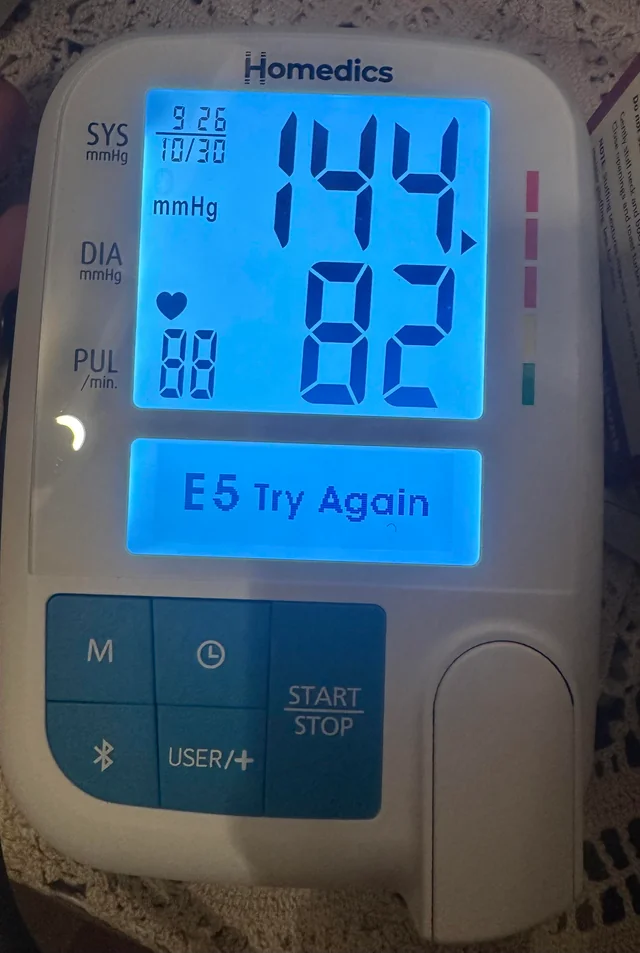 image source: reddit.com
image source: reddit.com
High blood pressure (hypertension) is a leading risk factor for stroke, making it crucial to keep your blood pressure within a healthy range. Aim for a blood pressure reading ideally below 120/80 mmHg. Achieving and maintaining optimal blood pressure levels may require a combination of lifestyle modifications and, in some cases, medication prescribed by your healthcare provider.
34. Make sure to keep your cholesterol at a healthy level
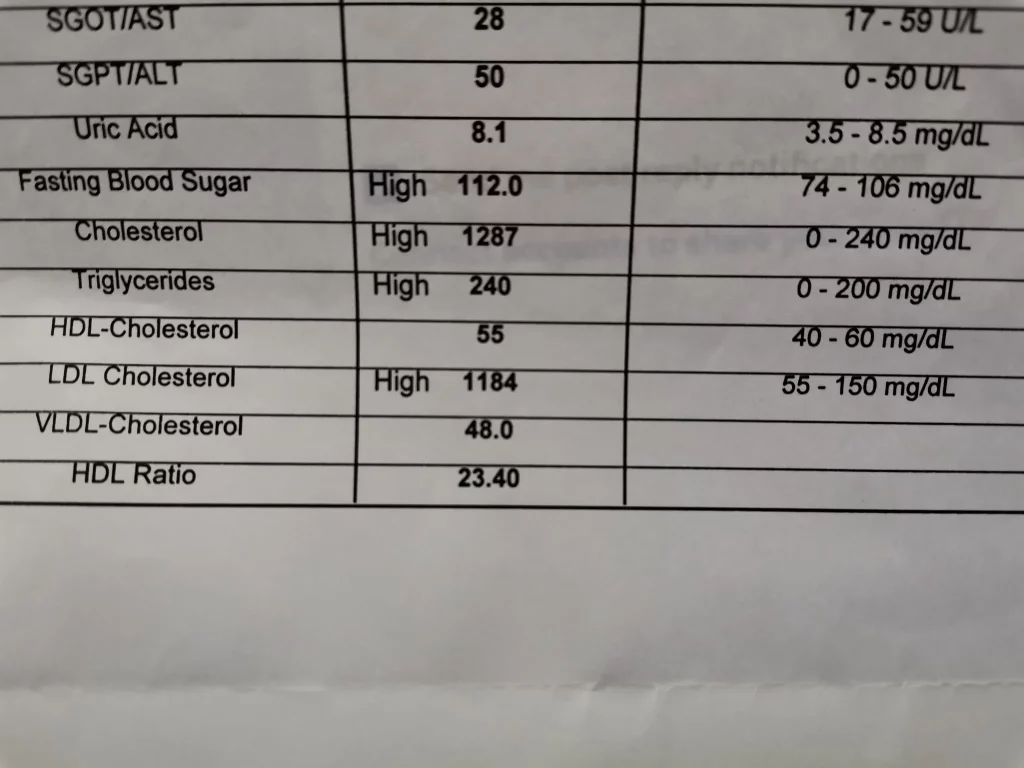 image source: reddit.com
image source: reddit.com
Elevated cholesterol levels, particularly high levels of low-density lipoprotein (LDL) cholesterol, are associated with an increased risk of stroke and cardiovascular disease. To maintain healthy cholesterol levels, adopt a low-fat, low-cholesterol diet that emphasizes whole, unprocessed foods and incorporates plenty of fruits, vegetables, whole grains, and lean proteins.
35. Managing blood sugar levels is extremely important
 image source: reddit.com
image source: reddit.com
For individuals with diabetes, managing blood sugar levels is critical for reducing the risk of stroke and other diabetes-related complications. Keep your blood sugar levels within a healthy range by monitoring blood sugar regularly and following your healthcare provider's recommendations for managing diabetes effectively. This may involve maintaining a healthy diet that prioritizes complex carbohydrates.
36. Smoking can increase the risk of a stroke
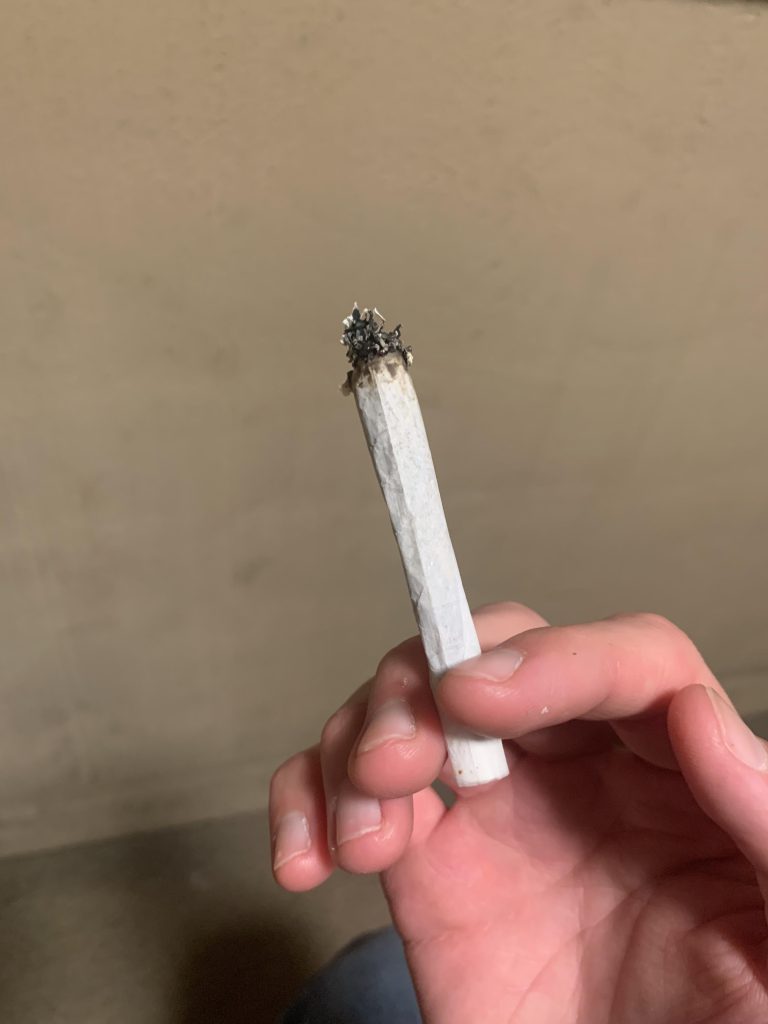 image source: reddit.com
image source: reddit.com
Quitting smoking is one of the most impactful steps you can take to reduce your risk of stroke and improve your overall health. Smoking significantly increases the risk of stroke by damaging blood vessels, increasing blood pressure, and promoting the formation of blood clots. Seek support from healthcare professionals, support groups, or smoking cessation programs to help you quit successfully.
37. Enjoy alcohol moderately (your cocktail can be a treat!)

image source: reddit.com
While moderate alcohol consumption may have some cardiovascular benefits, excessive drinking can increase the risk of stroke and other health problems. To minimize your risk, limit alcohol intake to no more than one drink per day for women and two drinks per day for men. One drink is equivalent to 12 ounces of beer, 5 ounces of wine, or 1.5 ounces of distilled spirits.
38. Obesity is going to mean the risk is higher
 image source: businessinsider.com
image source: businessinsider.com
Obesity is a significant risk factor for stroke, as it contributes to other stroke risk factors such as high blood pressure, high cholesterol, diabetes, and heart disease. Strive to achieve and maintain a healthy weight through a balanced diet and regular exercise. Focus on eating nutrient-dense foods such as fruits, vegetables, whole grains, lean proteins, and healthy fats.
39. Avoid chronic stress (we know it's hard!)
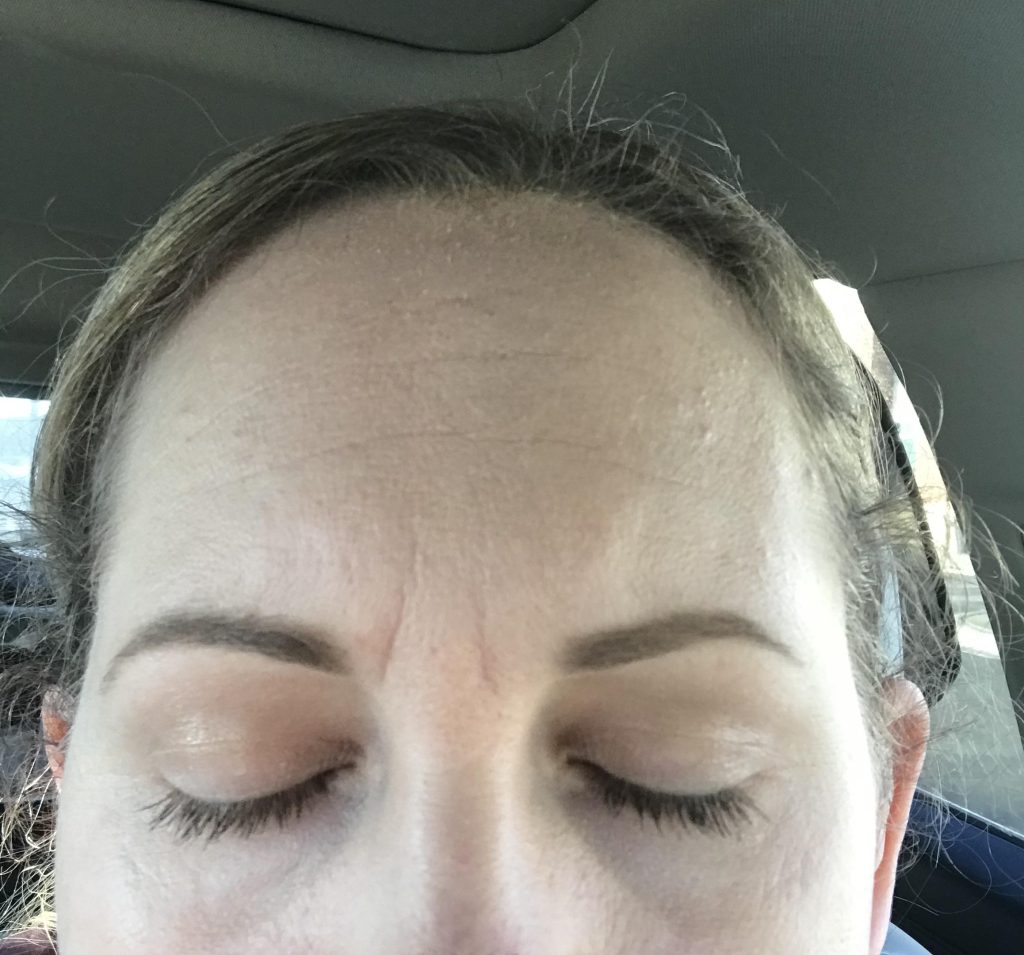 image source: reddit.com
image source: reddit.com
Chronic stress can take a toll on your health and increase the risk of stroke by contributing to high blood pressure, inflammation, and unhealthy coping behaviors such as smoking, overeating, or excessive alcohol consumption. To reduce stress and protect your cardiovascular health, incorporate stress-reducing techniques into your daily routine.
40. Try to get 7-9 hours of quality sleep a night
 image source: reddit.com
image source: reddit.com
Adequate sleep is essential for overall health and well-being, including stroke prevention. Aim for 7-9 hours of quality sleep each night to support optimal brain function, mood regulation, and cardiovascular health. Poor sleep quality or insufficient sleep can disrupt physiological processes, increase inflammation, and contribute to risk factors for stroke such as high blood pressure, obesity, and diabetes.
41. Make sure you're getting any treatment for heart conditions
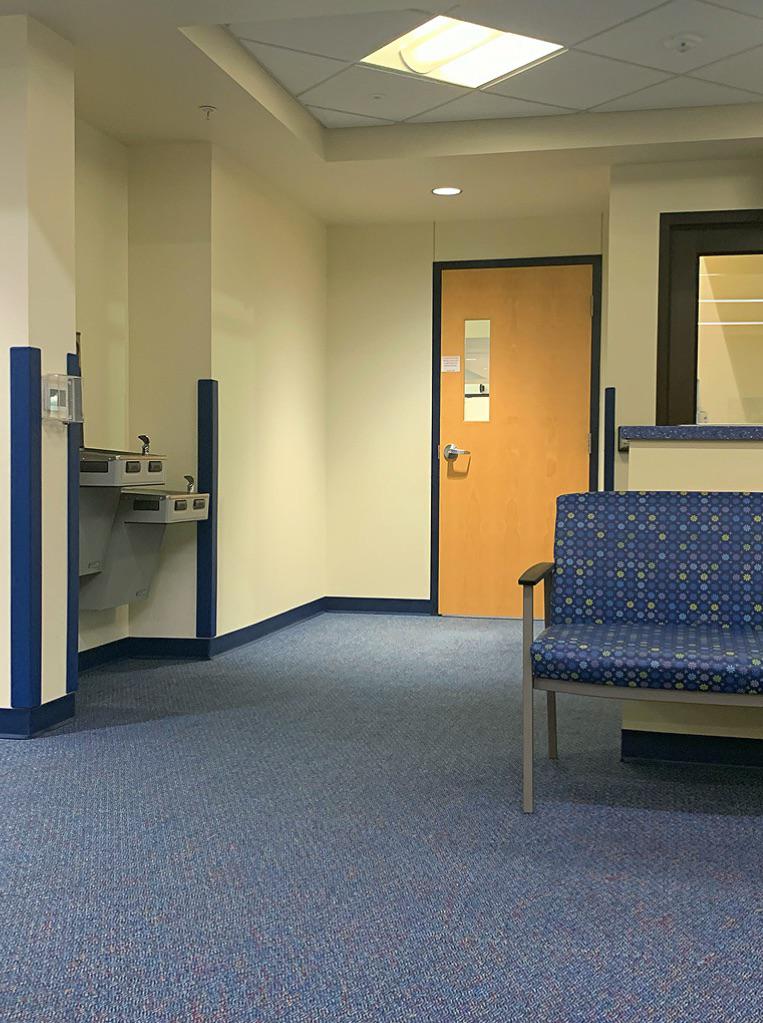 image source: reddit.com
image source: reddit.com
Atrial fibrillation (AFib) and other heart conditions significantly increase the risk of stroke due to their impact on blood flow and clot formation. AFib, in particular, can lead to the formation of blood clots in the heart, which can then travel to the brain and cause a stroke. It's crucial for individuals with AFib and other heart conditions to work closely with their healthcare provider to manage these conditions effectively.
42. Don't ignore any circulation problems you have
 image source: reddit.com
image source: reddit.com
Conditions such as peripheral artery disease (PAD), which involve narrowing or blockages in the arteries that supply blood to the limbs, can increase the risk of stroke. Poor circulation can lead to reduced blood flow to the brain, increasing the likelihood of stroke and other cardiovascular complications.
43. Have regular checkups and follow your doctor's advice
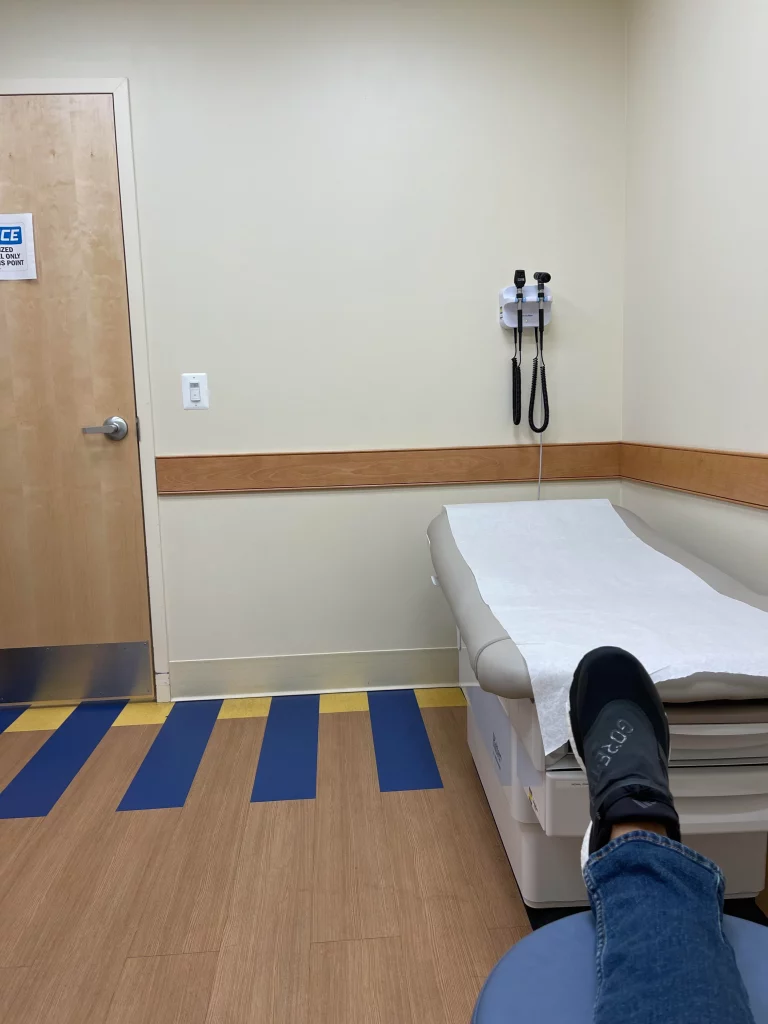 image source: reddit.com
image source: reddit.com
Regular check-ups with your healthcare provider are essential for maintaining optimal health and reducing the risk of stroke and other cardiovascular complications. During these visits, your healthcare provider can assess your overall health, monitor chronic conditions, and identify any emerging risk factors for stroke.
44. Knowing your family history can help with identifying risk factors
 image source: reddit.com
image source: reddit.com
Family history plays a significant role in determining individual risk factors for stroke and other cardiovascular conditions. Be aware of your family's medical history, including any history of stroke, heart disease, high blood pressure, diabetes, or other relevant conditions. This information can help you and your healthcare provider assess your risk factors and develop personalized strategies for stroke prevention.
45. Hydrate, hydrate, hydrate!
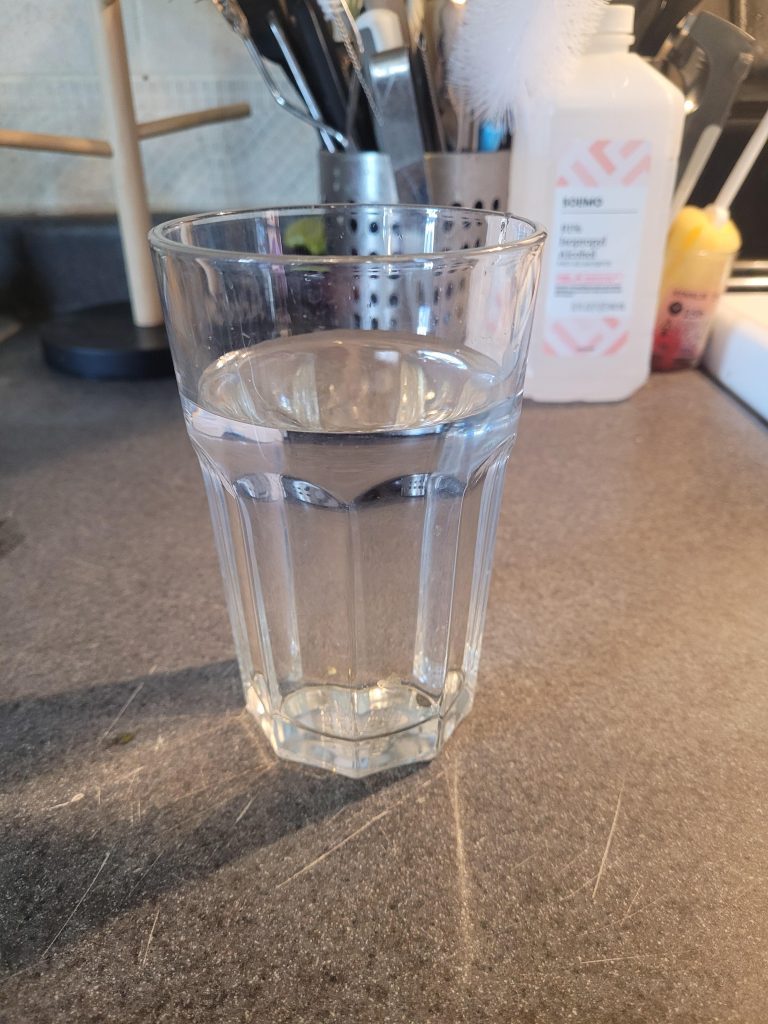 image source: reddit.com
image source: reddit.com
Adequate hydration is essential for maintaining optimal health and reducing the risk of stroke. Dehydration can lead to thickening of the blood, decreased blood flow to vital organs, and increased risk of blood clots, all of which can contribute to stroke risk. To stay hydrated, drink plenty of water throughout the day, especially in hot weather or during physical activity when fluid loss is higher.
46. Be extra careful with hormone replacement therapy
 image source: reddit.com
image source: reddit.com
Hormone replacement therapy (HRT) is sometimes prescribed to manage menopausal symptoms such as hot flashes, mood swings, and vaginal dryness. However, it's essential to approach HRT cautiously, as it may increase the risk of stroke in certain individuals. Estrogen, a key component of HRT, can affect blood clotting and vascular function, potentially raising the risk of blood clots and stroke.
47. Follow a low-sodium diet
 image source: reddit.com
image source: reddit.com
High sodium intake is associated with increased blood pressure, a major risk factor for stroke and other cardiovascular diseases. To reduce your sodium intake and protect your cardiovascular health, aim to follow a low-sodium diet by choosing foods that are naturally low in sodium and avoiding processed and packaged foods that are high in sodium.
48. You might need stroke prevention medication
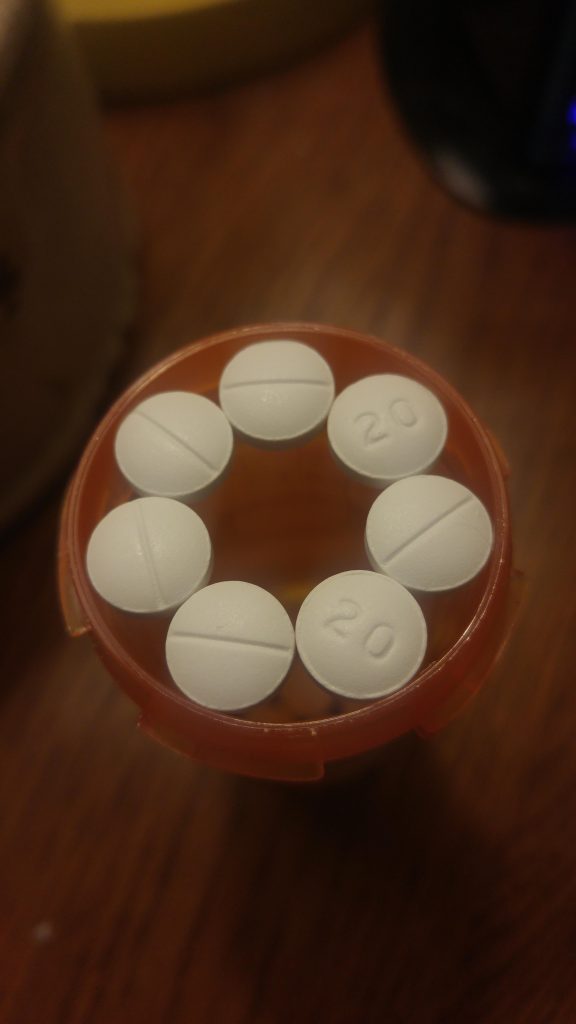
image source: reddit.com
If your healthcare provider has prescribed medications to reduce your risk of stroke, such as antiplatelet drugs (e.g., aspirin) or anticoagulants (e.g., warfarin, dabigatran), it's essential to take them exactly as directed. These medications help prevent blood clots from forming or reduce the risk of existing blood clots traveling to the brain.
49. Be sun smart!
 image source: reddit.com
image source: reddit.com
While enjoying outdoor activities, it's essential to protect yourself from sun exposure to reduce the risk of heatstroke, a condition characterized by dangerously high body temperature that can lead to neurological complications, including stroke. To stay sun smart, wear sunscreen with a high sun protection factor (SPF), protective clothing such as hats and sunglasses, and seek shade during peak sun hours (typically between 10 a.m. and 4 p.m.).
50. Time is critical when having a stroke: be prepared for emergencies
 image source: reddit.com
image source: reddit.com
Time is critical in stroke treatment, and early intervention can significantly improve outcomes and reduce disability. Therefore, it's essential to be prepared to recognize the signs and symptoms of stroke and know how to respond quickly. Remember the acronym FAST: Face drooping, Arm weakness, Speech difficulty, Time to call 911. If you or someone else experiences any of these symptoms, call emergency services (e.g., 911) immediately and seek medical attention without delay.
 image source: reddit.com
image source: reddit.com
 image source: reddit.com
image source: reddit.com image source: reddit.com
image source: reddit.com



 image source: reddit.com
image source: reddit.com image source: reddit.com
image source: reddit.com image source: reddit.com
image source: reddit.com image source: reddit.com
image source: reddit.com image source: reddit.com
image source: reddit.com image source: reddit.com
image source: reddit.com image source: reddit.com
image source: reddit.com image source: reddit.com
image source: reddit.com image source: reddit.com
image source: reddit.com
 image source: reddit.com
image source: reddit.com image source: reddit.com
image source: reddit.com image source: reddit.com
image source: reddit.com image source: reddit.com
image source: reddit.com image source: reddit.com
image source: reddit.com image source: reddit.com
image source: reddit.com image source: reddit.com
image source: reddit.com image source: reddit.com
image source: reddit.com image source: reddit.com
image source: reddit.com image source: reddit.com
image source: reddit.com image source: reddit.com
image source: reddit.com image source: reddit.com
image source: reddit.com image source: reddit.com
image source: reddit.com image source: reddit.com
image source: reddit.com image source: reddit.com
image source: reddit.com image source: reddit.com
image source: reddit.com image source: reddit.com
image source: reddit.com image source: reddit.com
image source: reddit.com
 image source: businessinsider.com
image source: businessinsider.com image source: reddit.com
image source: reddit.com image source: reddit.com
image source: reddit.com image source: reddit.com
image source: reddit.com image source: reddit.com
image source: reddit.com image source: reddit.com
image source: reddit.com image source: reddit.com
image source: reddit.com image source: reddit.com
image source: reddit.com image source: reddit.com
image source: reddit.com image source: reddit.com
image source: reddit.com
 image source: reddit.com
image source: reddit.com image source: reddit.com
image source: reddit.com